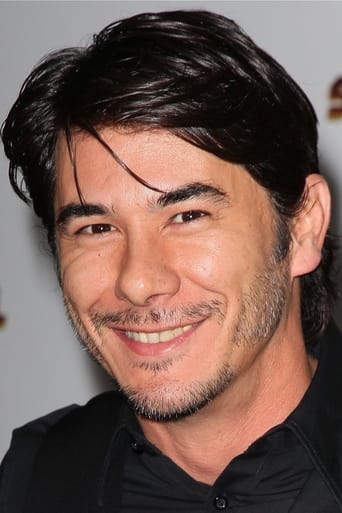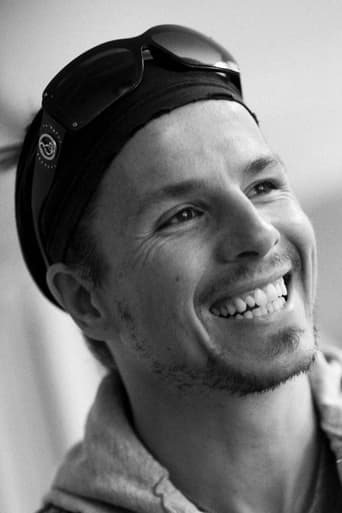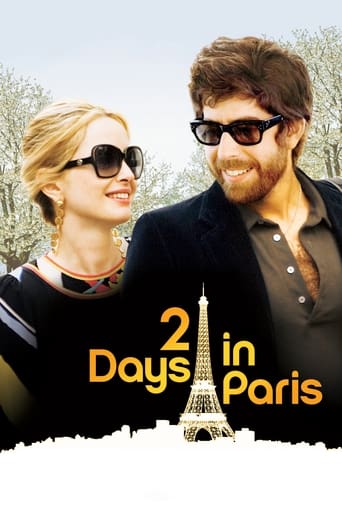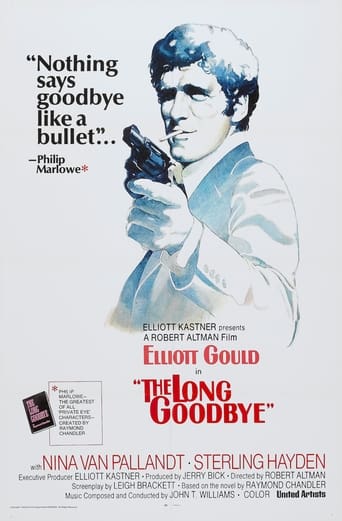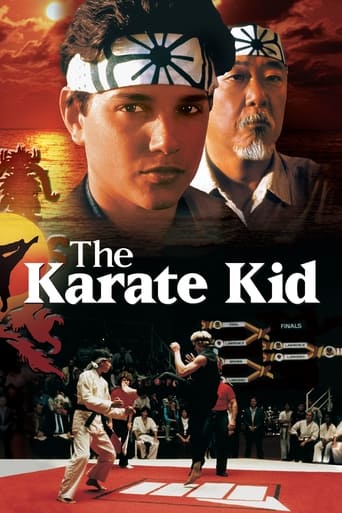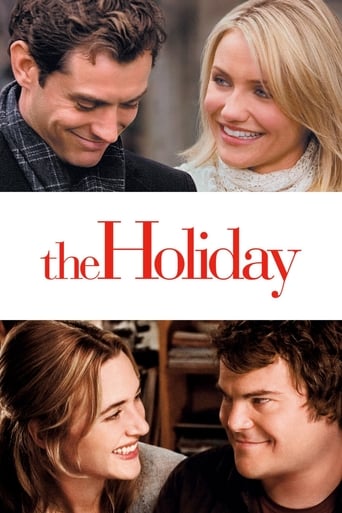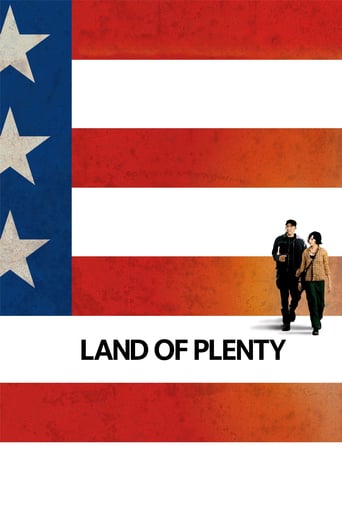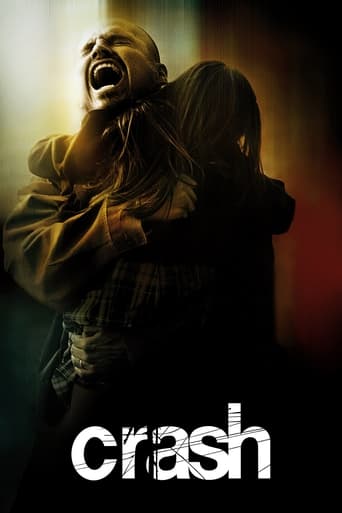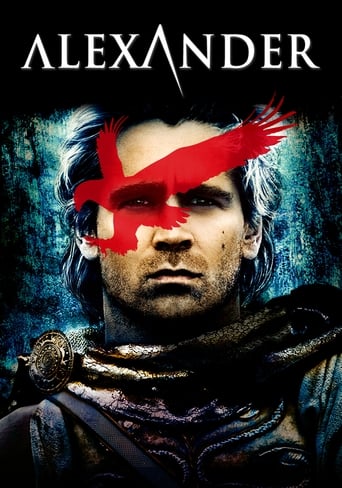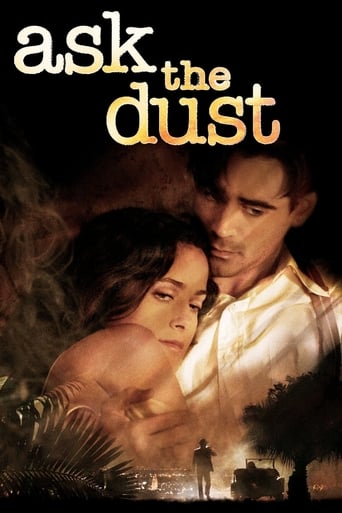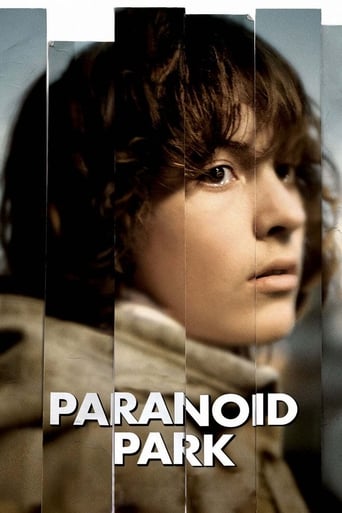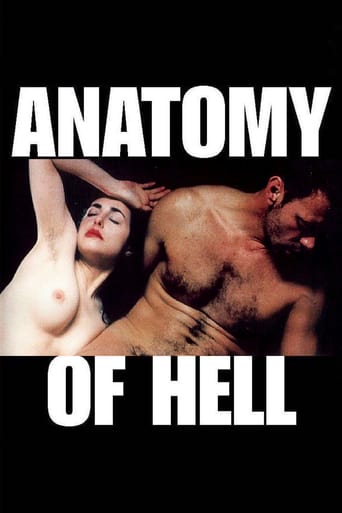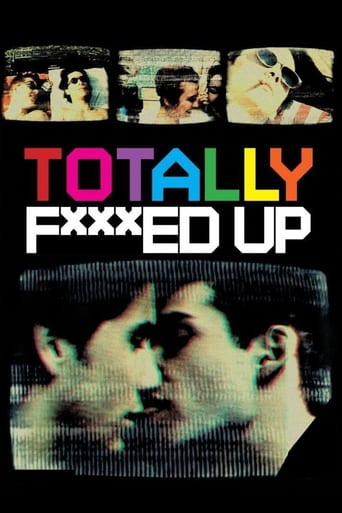
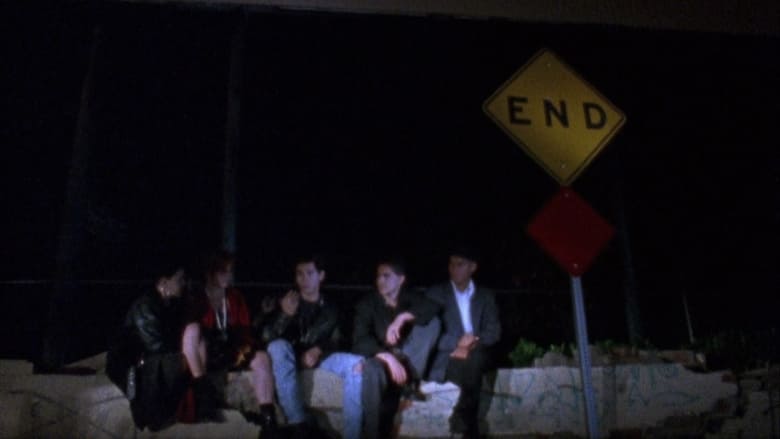
Totally F***ed Up (1994)
Gay, alienated Los Angeles teens have a hard time as their parents kick them out of their homes, they don’t have money, their lovers cheat, and they are harassed by gay-bashers.
Watch Trailer
Cast


Similar titles
Reviews
This movie is the proof that the world is becoming a sick and dumb place
Instead, you get a movie that's enjoyable enough, but leaves you feeling like it could have been much, much more.
The movie's neither hopeful in contrived ways, nor hopeless in different contrived ways. Somehow it manages to be wonderful
Through painfully honest and emotional moments, the movie becomes irresistibly relatable
This is the first film from Gregg Araki, the man who made "Doom Generation" and "Nowhere". Like those films, the theme is the end of the world and features a backdrop of industrial music (Ministry, My Life With the Thrill Kill Kult, 16 Volt, etc.). The only difference is the lack of budget and big name actors (no Rose McGowan or John Ritter). We follow the lives of a group of gay and lesbian teenagers over the course of roughly two weeks. We see their struggles against oppression, their personal lives. An AOL user would summarize this films as "Buttsecks? O RLY? Ya RLY." but that's just ignoring the overall themes to focus on the more distasteful aspects of the film. If you're ans Araki fan or want a new experience, check this film out. It's not nearly as weird as his other films (no aliens or talking decapitated heads), but it will warp your perception of the world. And the end, while very abrupt, leaves something of a lasting effect.
Tracing the progress of innovative filmmakers is a pleasure for movie buffs. Gregg Araki developed a unique voice in film in the early 1990s (this film dates back to 1993), a voice that maintained a sense of immediacy with his actors who he directed with his hand held camera in a manner that gave the illusion that the 'script' was extemporaneous. Careful not to assign controversial roles to inadequate talent, Araki gathered a group of young actors and pulled the very best from them. Many of these early actors still maintain presence in Araki's prolific flow of films.As is so often the case with Araki's stories, TOTALLY F***ED UP deals with gay sensibilities in a way that displays the entire spectrum of positive and negative response to his characters. He does not preach: he simply voyeuristically reveals lifestyles as though he were a hidden personage who just happened to fall into private moments and turbulent emotions. In this film Araki divides the examination of six teenage gay kids (four boys and two girls) into 15 dialogues, each representing an aspect of what faces his characters and how they cope with being on the fringe. The 15 episodes are related because the characters remain the same and it is this unique manner of making his story that has continued to be a trait of Araki's later, more linear films.We meet each of the six characters in an interview situation, with only the minimal amount dialogue conveying the maximum amount of information. The primary character is Andy (a superlative James Duval) whose view of life is bleak to say the least: Andy doesn't believe in love, in commitment, believes he is bisexual even though he has never stepped out of his same-sex playing out, grows to depend on his friends, falls in love with a sweet talking fellow Ian (Alan Boyce) only to discover Ian is not at all monogamous, and finally feels the pain of heartbreak and makes a decision about life that ends the film. The other characters include Michele (Susan Behshid) and Patricia (Jenee Gill) who are lesbian lovers and stable figures for the boys, desiring to have children and a wholesome life without the need for male penetration!; Steven (Gilbert Luna) and Deric (Lance May) who are coupled but come apart when Steven has an affair and Deric is gay-bashed; and Tommy (Roko Belic), the one who falls in love too easily with every one night stand he has.The episodes deal with the characters' sexual attitudes, AIDS, life on the streets, drugs, parental alienation, loneliness, abuse, suicide, and the desperate need for extended family. With Araki's technique we come to care strongly for each of these disparate kids: by the end of the film they feel like close personal friends of ours.The filming technique is choppy and slips out of focus and seems to idle like a malfunctioning engine at times, but in Araki's sensitive hands these aspects add to the tension of the story. Clearly Gregg Araki is a gifted artist, and his films subsequent to this successful one serve to prove his growth and increased power of heart to heart communication. Highly recommended. Grady Harp
I saw this film in 1995 at the ICA in London, and it blew me away - and it still does today. Mostly because it treates the characters as genuine real PEOPLE,and without stereotypes. Even in today's age of "will and grace" crap, it still holds up as ten times more genuine.A lot of people complain that nothing much happens - but that's what thesecharacters are destined to do- nothing much. They're problem is that they can't find a place to hang out, to fit in, to find others like them. They are nihilistic outcasts, and because they're gay in 1993, they're even more outcast - butpartially by themselves. This film shows this better than any film I've seen since...-ken
It's obvious that the other person who did a review of this movie was not an Araki fan. In order to understand this movie, you have to be a hardcore Gregg Araki aficionado. This was one of his first films, and he was just beginning to develop his unique style of directing and writing. The language used is supposed to emphasize the immaturity of our generation even though we are in such serious situations as shown in the movie. It's actually a great juxtaposition. As for the cinematography, I would rather see a movie filmed in the way Totally F***ked Up was than any other uninterestingly-filmed movies. At it's core, this is really a story about the struggles of anyone who has ever felt like an outcast. It does leave us hanging at the end, but so do other Araki movies. That's just his style; and if you don't like it, then too bad for you. If you do happen to like this film or are interested, I urge you to see the rest of the Teenage Apocalypse Trilogy [next: The Doom Generation, Nowhere], and all other Araki films. They are all interesting and stylish.


